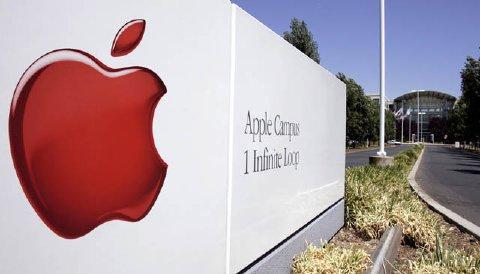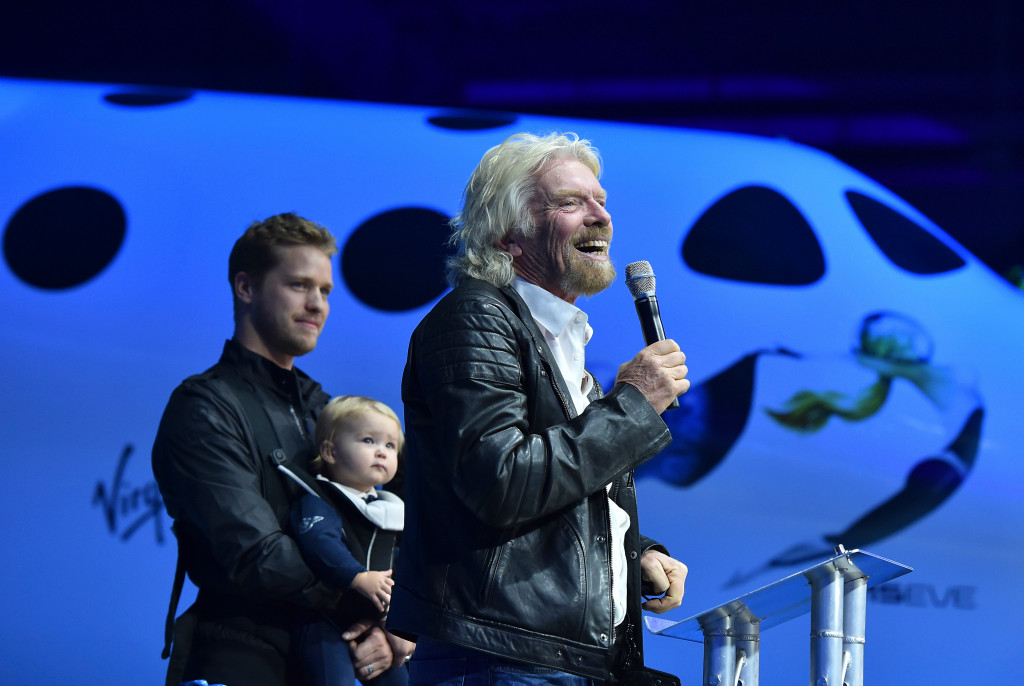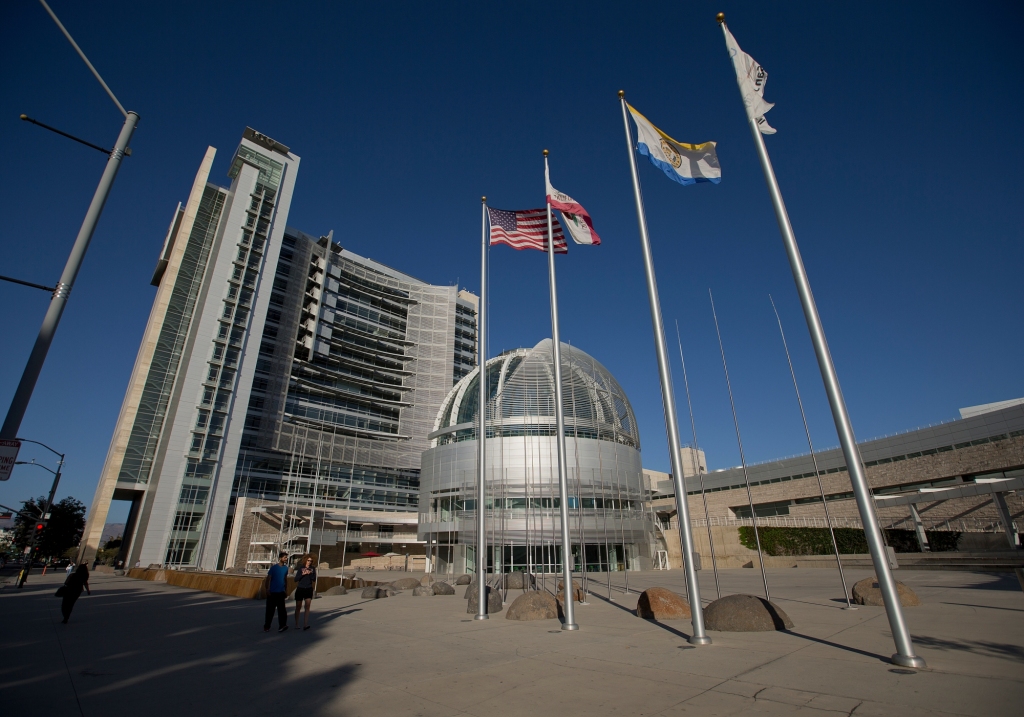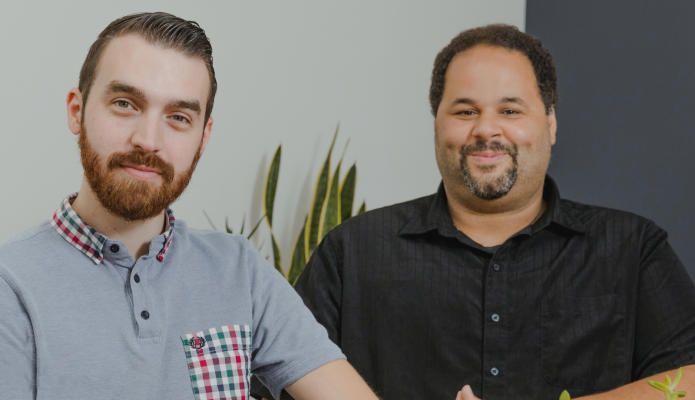The Cupertino City Council on Tuesday night put the brakes on a controversial plan to impose an employee “head tax” on Apple and other businesses.
The council’s 4-0 decision to wait until 2020 before putting the tax proposal before voters leaves Mountain View as the only Silicon Valley city proceeding with the so-called head tax this year. Numerous speakers, including members of the local and regional business community, supported postponing the proposal to 2020. They said more time is needed to come up with a viable spending plan and do proper outreach with the city’s businesses.
The ballot measure sought to restructure Cupertino’s almost two-decade-old business tax model in which all companies pay the city a $124 annual flat fee to one that would charge all 3,500 local businesses a base rate and slap an additional progressive per-employee tax rate on those with more than 99 workers.
The proposed new tax rate would have raised upwards of $10 million annually to help relieve traffic congestion, with Apple paying the bulk of that. The tech giant employs 24,000 people in the city, making it by far Cupertino’s largest employer. The second biggest is Seagate Technology with 500 employees.
Similar to the resistance waged by the Mountain View Chamber of Commerce when that city sent its own head tax to the November ballot, Cupertino’s proposed tax has drawn its share of fire from the city’s Chamber, the Silicon Valley Leadership Group and Apple.
Unlike Google, which stayed noticeably silent on the topic, Apple has been slightly more outspoken. During the public comment Tuesday, Mike Foulkes, Apple’s government liaison, offered to work with the city to come up with “creative” and long-term solutions to traffic issues.
“We stand ready to work with the city on transportation issues; it’s an issue that affects all of us,” he said. When Councilman Barry Chang pressed Foulkes on whether Apple’s traffic team was ready to work with the city, Foulkes responded: “We’re ready to meet next week… to start that conversation.”
On Monday, Apple vice president Kristina Raspe sent a letter to the city extolling the various ways the company already invests in the community, from building its new campus there to pitching in for sidewalk and crosswalk improvements and offering its employees commute alternatives. For the campus project alone, the company contributed more than $70 million toward “public benefits,” she said.
Councilwoman Savita Vaidhyanathan said while she believes the city’s traffic congestion needs urgent attention, she was encouraged by Apple’s engagement so far with the city.
“Apple’s letter gives me hope that they’re hearing our collective concerns,” she said.
Cupertino’s decision to wait leaves Mountain View, headquarters of Google, as the only city to put a head tax in the hands of residents. Earlier this year, Seattle repealed a similar tax proposal, which was primarily meant to ease homelessness, in the face of fierce opposition from Amazon, Starbucks and other large employers.










